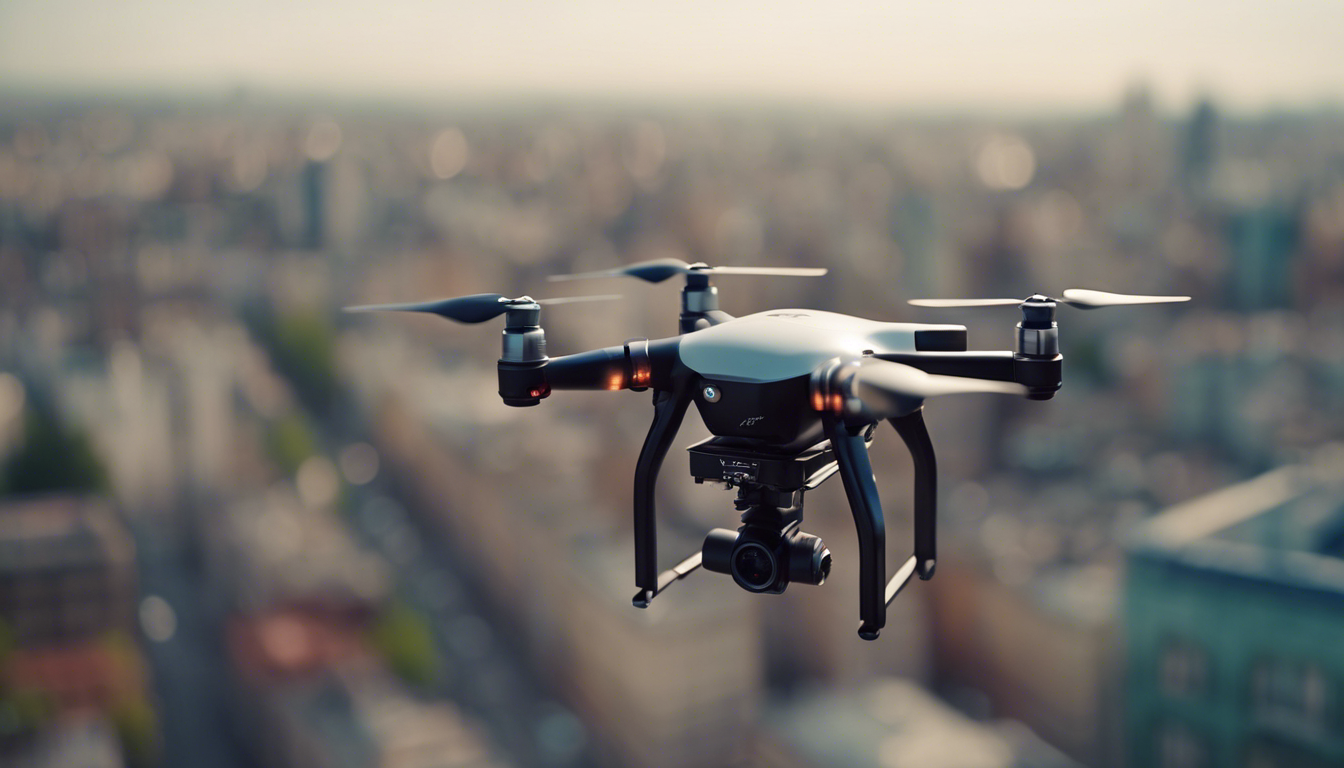
Have you ever wondered what goes through the mind of a drone pilot? The world of consumer drones has exploded in popularity in recent years, and with it, an emerging field of psychological aspects surrounding the act of piloting these unmanned aerial vehicles (UAVs). In this article, we will delve into the fascinating world of psychological factors that come into play when operating consumer drones.
1. Sense of control: One of the most significant psychological aspects of drone piloting is the sense of control it provides. As the pilot, you are in charge of directing the drone’s every move, giving you a feeling of power and autonomy. This sense of control can be empowering and exhilarating, but it also comes with a great deal of responsibility.
2. Immersion and presence: When flying a drone, pilots often experience a sense of immersion and presence in the environment. As the drone soars through the air, capturing breathtaking aerial footage, pilots can feel like they are physically present in the scene. This immersive experience can be both awe-inspiring and mentally stimulating.
3. Emotional engagement: Consumer drones have the ability to capture stunning visuals from unique perspectives. This visual excellence can evoke strong emotions in pilots. Whether it is capturing the beauty of nature or documenting special events, the emotional engagement of drone piloting adds an extra layer of satisfaction and fulfillment to the experience.
4. Risk evaluation: Operating a consumer drone involves risks that should not be taken lightly. Pilots need to constantly assess potential hazards such as obstructions, weather conditions, and legal restrictions. The ability to evaluate risks accurately is essential for safe and responsible drone piloting.
5. Performance pressure: For some drone pilots, there may be a desire to showcase their piloting skills and capture the ideal shot. This self-imposed pressure to perform can lead to heightened stress levels and decreased enjoyment. It is essential to strike a balance between pushing one’s limits and being mindful of one’s capabilities to maintain a positive mindset.
Tip: Remember that flying a drone should be an enjoyable experience. Don’t let performance pressure overshadow the sheer pleasure of piloting your UAV.
6. Social recognition: Thanks to social media platforms and online communities, drone pilots can easily share their aerial footage with the world. The potential for social recognition and validation can drive some pilots to continuously seek new and innovative ways to capture stunning visuals. However, it’s essential to fly within legal boundaries, respecting privacy and safety regulations.
7. Concentration and focus: Drone piloting demands a high level of concentration and focus. Operating the various controls, monitoring the drone’s positioning, and capturing the perfect shot all require mental agility. This ability to concentrate amidst distractions is a valuable skill that can be improved through practice and experience.
8. Ethical considerations: Finally, drone pilots must also grapple with ethical dilemmas. Respect for privacy, wildlife, and public spaces are crucial aspects that drone pilots need to keep in mind. It’s important to fly responsibly, abide by local regulations, and ensure that the impact on others is minimized.
Insight: As a responsible pilot, always prioritize ethical considerations and strive to leave a positive impact on both the environment and those around you.
In conclusion, drone piloting encompasses a wide range of psychological aspects that add depth and complexity to the experience. Understanding these factors can enhance your enjoyment of consumer drones while promoting responsible and safe operation. So get out there, put your skills to the test, and explore the world from a whole new perspective!
